Kenyan Blogger Dies in Police Custody Amid Allegations of Assault
- by Wangi, Kenya, RNG247
- about 7 months ago
- 155 views
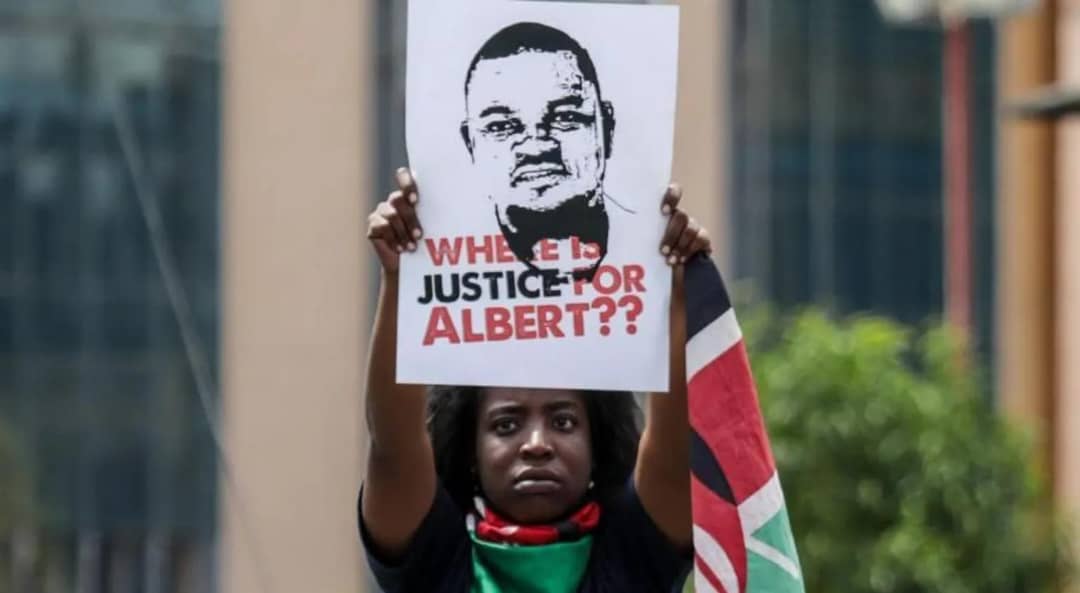
In a tragic turn of events that has ignited widespread outrage across Kenya, a prominent digital content creator has died under suspicious circumstances while in police detention. The autopsy report, released today by state authorities, confirms that Albert Ojwang, a 31-year-old Kenyan blogger, was subjected to violent assault before his death. The findings sharply contradict police claims that Ojwang sustained his fatal head injuries after hitting his head against the cell wall.
Autopsy Reveals Evidence of Assault, Contradicts Police Statements
The post-mortem, conducted by a team of five experienced pathologists led by Dr. Bernard Midia, uncovered severe head injuries, neck compression, and extensive soft tissue trauma across Ojwang’s entire body. According to Dr. Midia, these injuries are consistent with external assault and show signs of a struggle, suggesting that his death was not a result of self-inflicted injuries as initially claimed by police authorities.
“The cause of death is very clear; head injury, neck compression, and injuries widespread all over the body that are indicative of assault,” Dr. Midia stated during a press conference. “Hitting his head against the wall wouldn’t produce this pattern of injuries. The bleeding and trauma on the scalp and face point toward external violence.”
Police Maintain Initial Account
Despite the findings, local police have yet to comment publicly on the autopsy results. Ojwang’s family and advocacy groups have expressed disbelief and outrage over the official narrative, calling for accountability and justice.
Arrest and Detention Sparks Outcry
Albert Ojwang, known for his outspoken social commentary on topical political and social issues, was arrested this past Friday in Homa Bay, a town situated in western Kenya. The police detained him following a complaint by the Deputy Inspector General of Police, Eliud Lagat, who accused Ojwang of damaging his reputation through social media posts.
The blogger was subsequently transferred over 220 miles to Nairobi, where he was booked into the Central Police Station. Authorities claim he was later found unresponsive in his cell, with some reports suggesting self-inflicted injuries. However, the autopsy’s revelations cast substantial doubt on this assertion, indicating external factors led to his death.
Family and Human Rights Leaders Call for Justice
Ojwang’s father, Meshack Ojwang, has openly appealed to President William Ruto, urging him to intervene and ensure justice is served. “Help me as a taxpayer. The officers who picked up my son saw our home was humble and assumed we didn’t matter,” he said. As of now, President Ruto has not publicly responded.
Advocacy groups and legal authorities have also voiced their concern. The Digital Content Creators Association of Kenya mourned Ojwang’s loss, describing him as “more than a content creator — a voice for the youth and a symbol of resilience.”
Ruth Odhiambo, president of the Law Society of Kenya, accused police of “torture” and "brutal murder," demanding accountability from all implicated officers. Meanwhile, opposition figure Raila Odinga voiced outrage at what he called a horrifying murder, condemning the police’s actions and adding Ojwang’s case to a growing list of young Kenyans lost under suspicious circumstances.
Official Response and Ongoing Investigation
In response to the emerging evidence and public outrage, Inspector-General of Police Douglas Kanja has suspended several officers on duty the night Ojwang died. Kenya’s Independent Policing Oversight Authority (IPOA) has also launched an inquiry into the case.
Public protests erupted outside Nairobi City morgue, where Ojwang’s body has been held since his death. Activists leading chants of “Stop killing us” have called for a thorough investigation and justice for Ojwang.
The incident underscores ongoing concerns about police brutality, digital rights, and the safety of journalists and social media personalities in Kenya. As investigations proceed, the nation grapples with the heavy questions surrounding justice, accountability, and the safeguarding of freedom of expression.



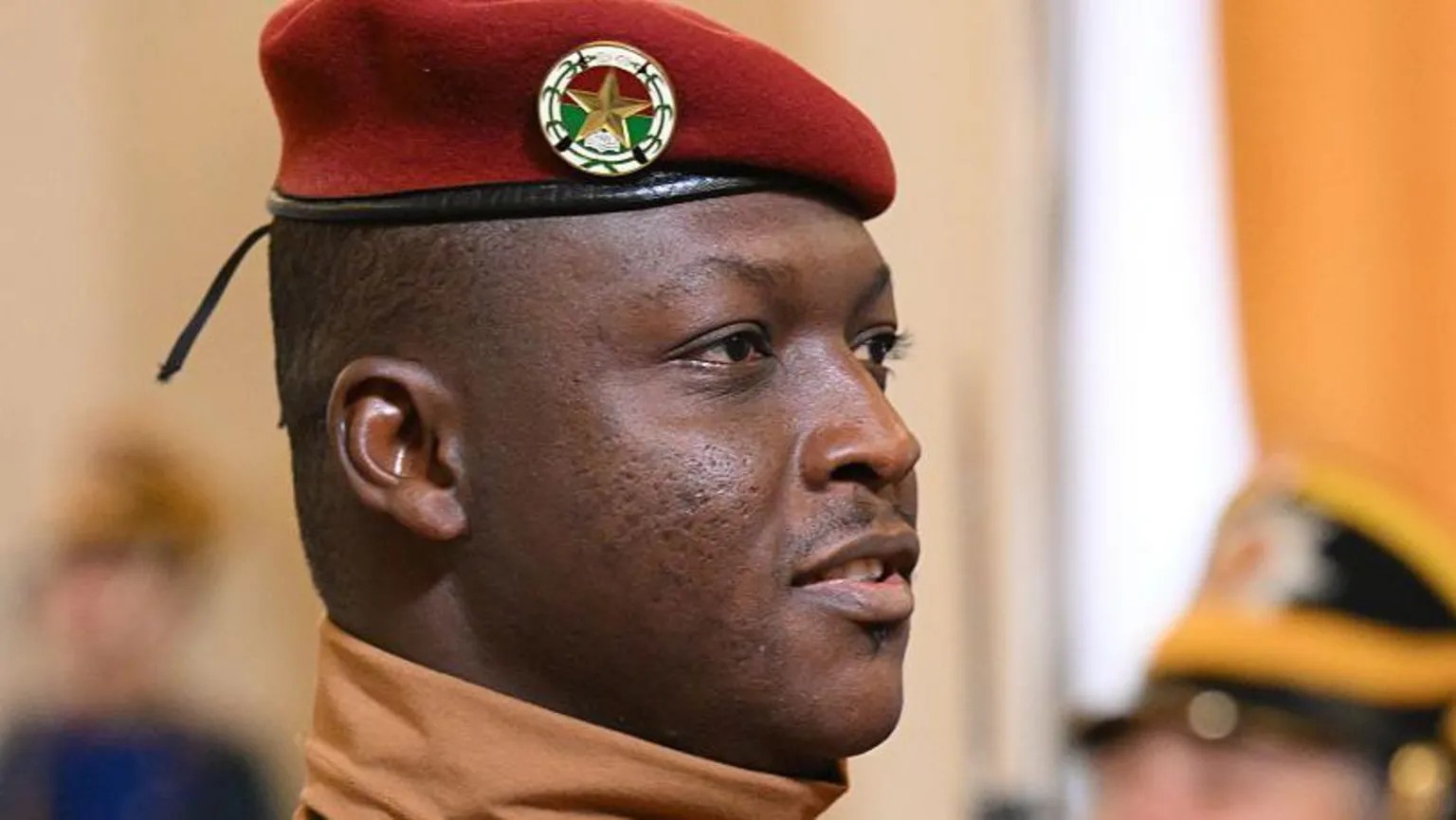
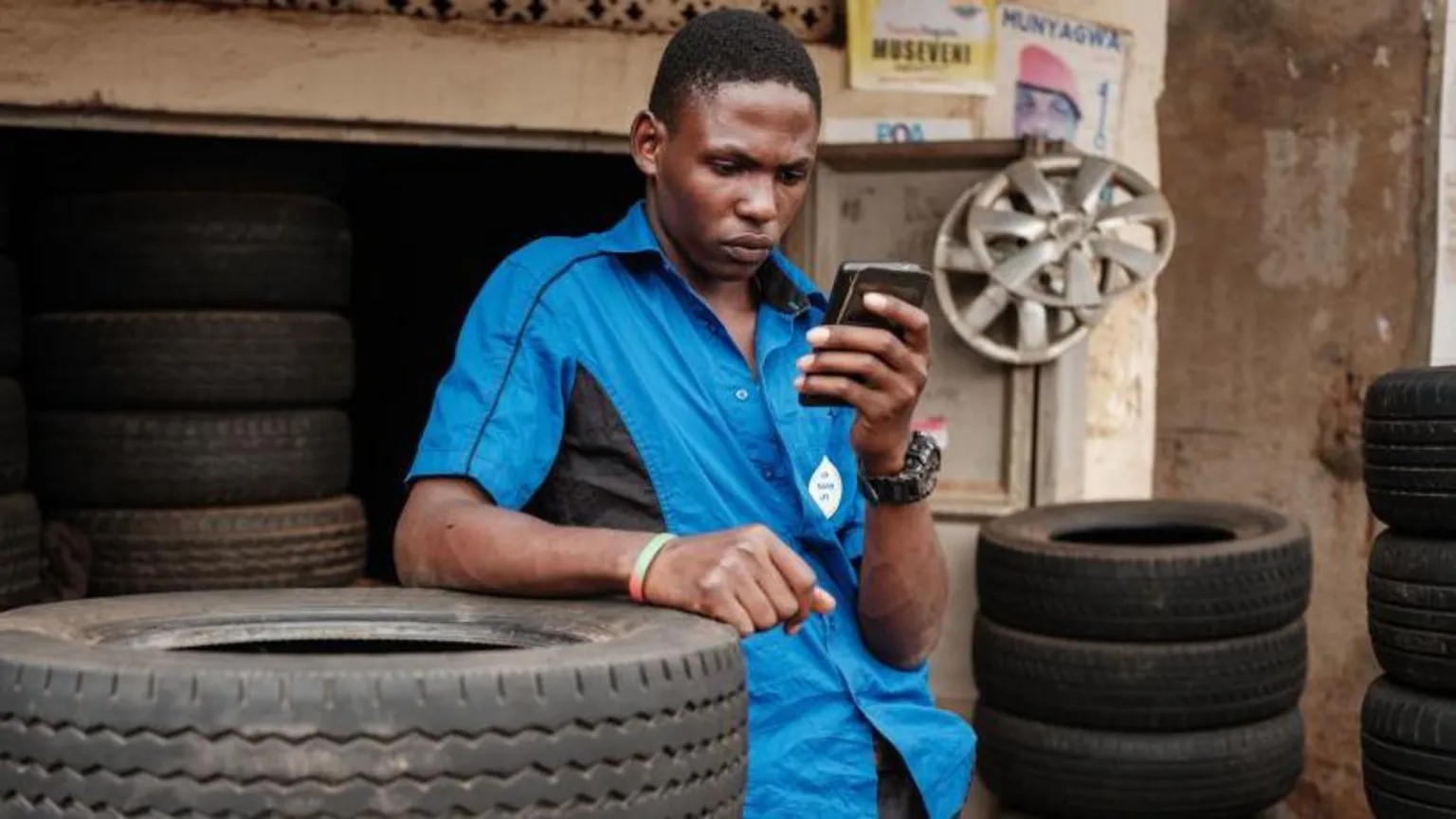
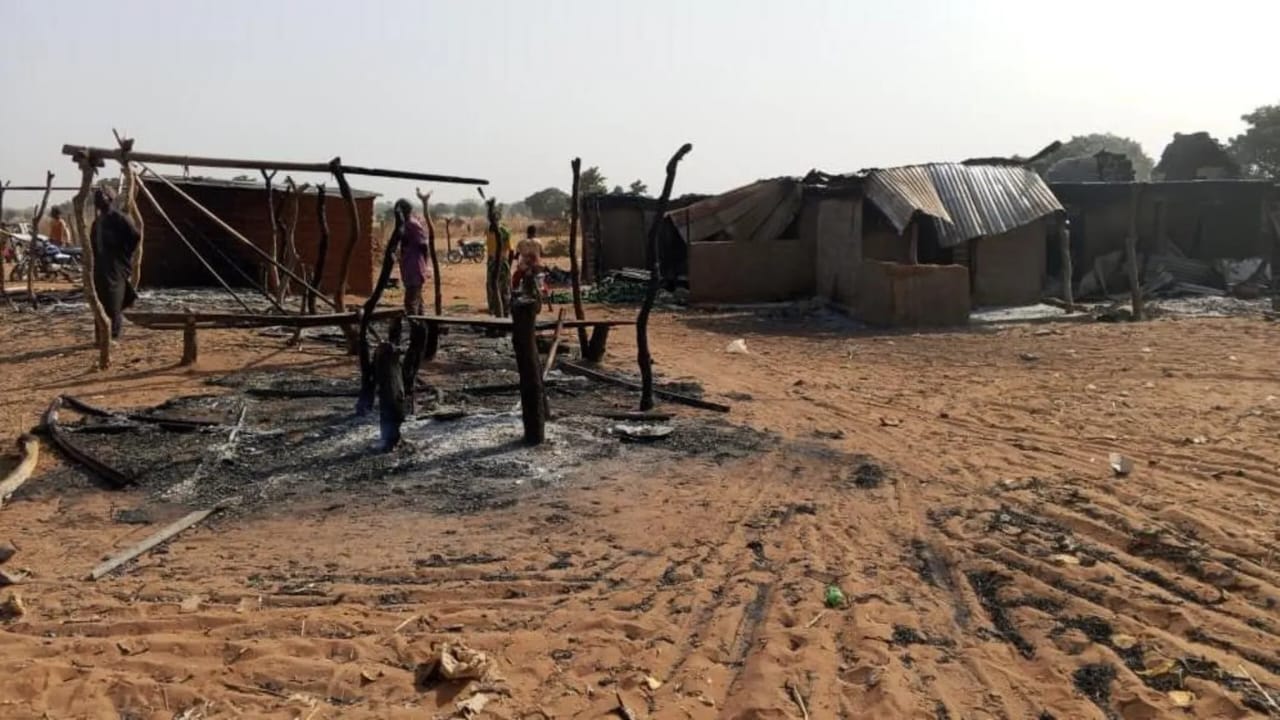
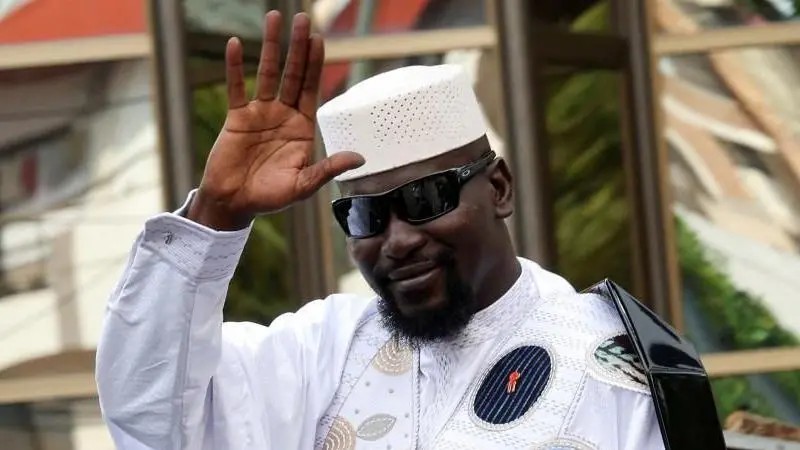
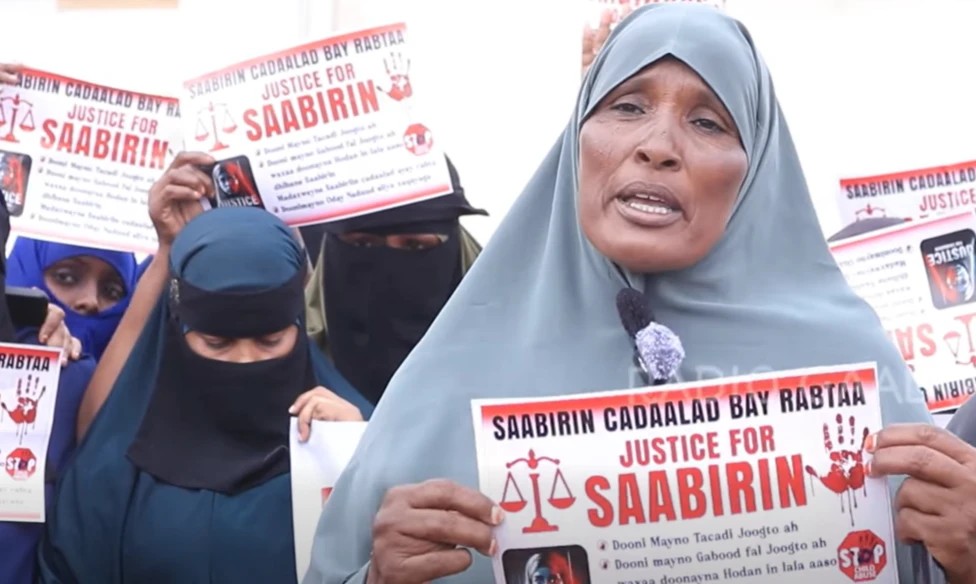
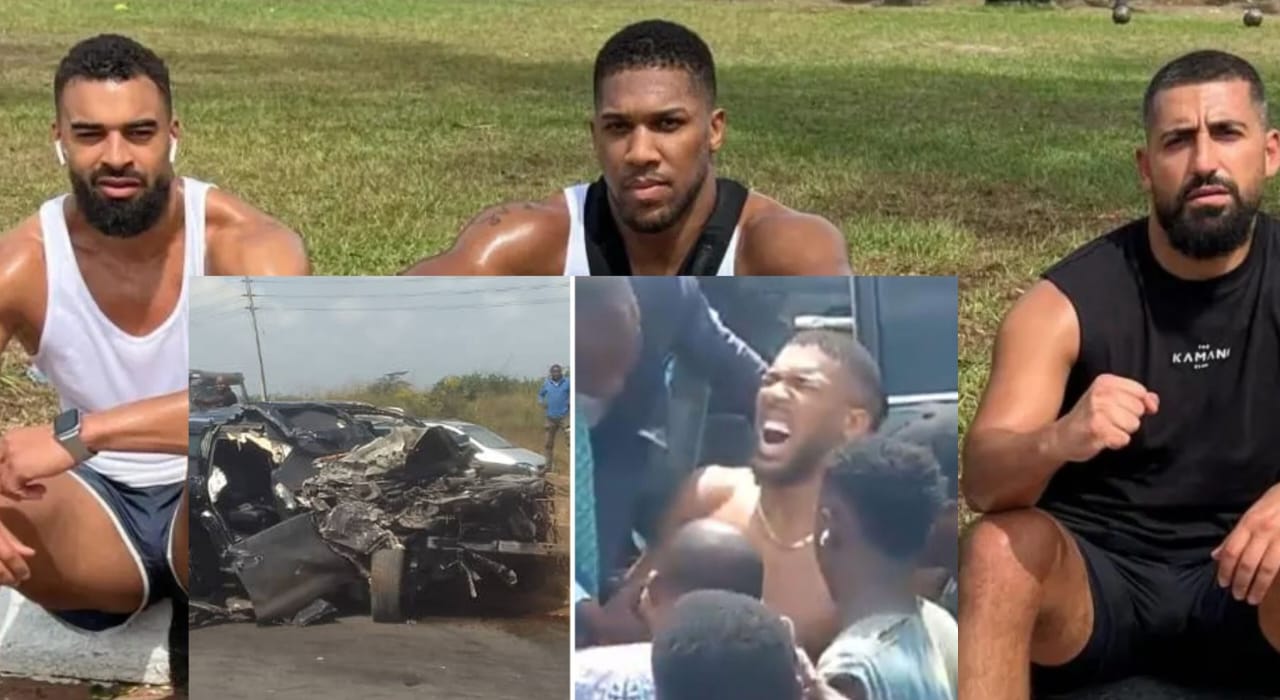
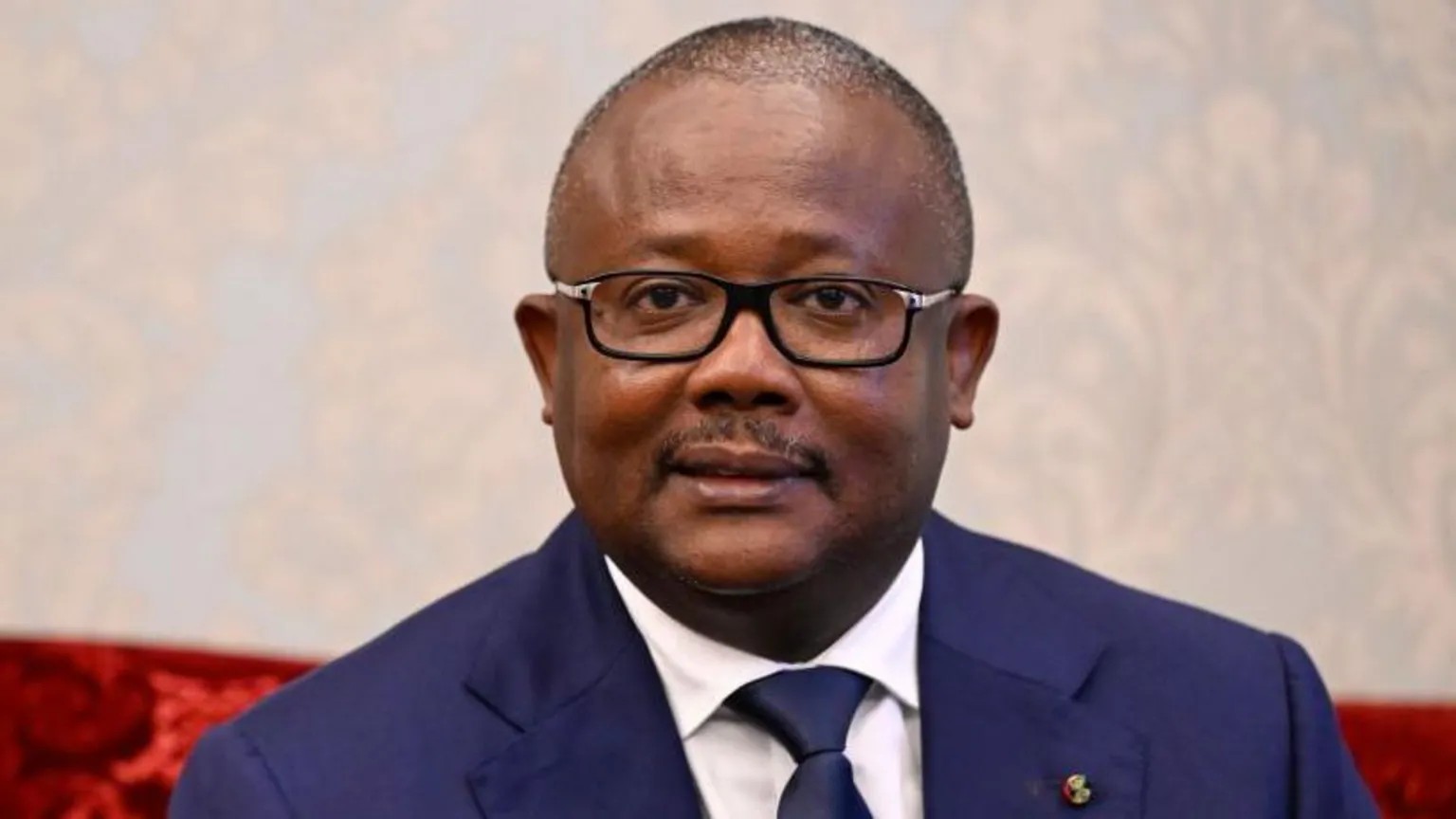
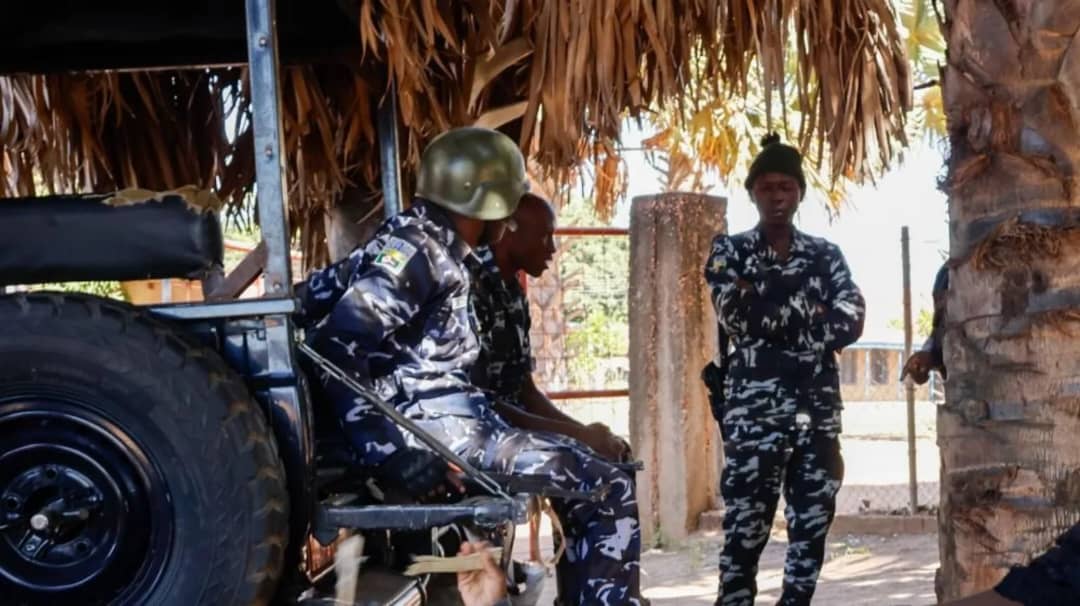
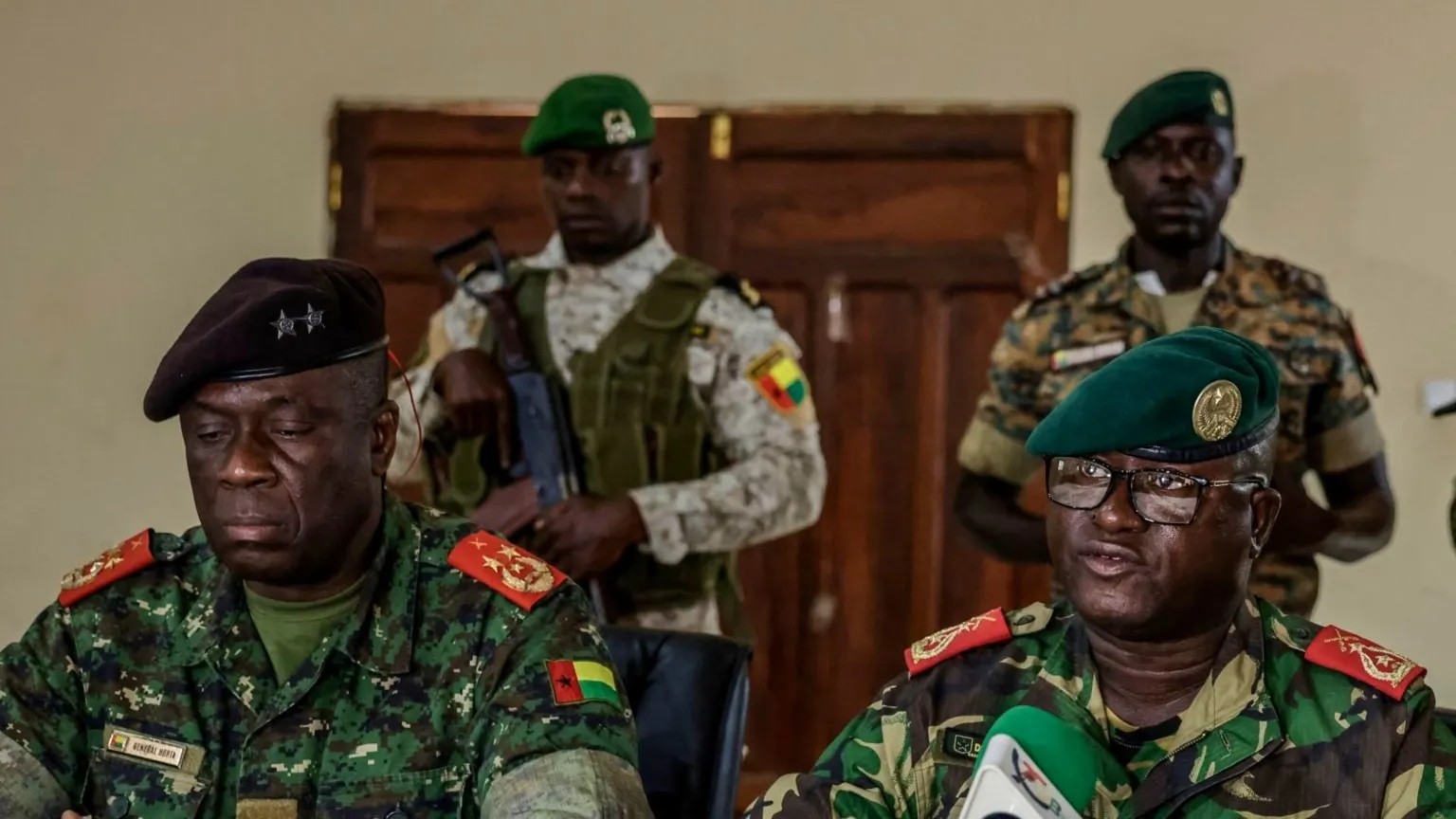
.jpg)
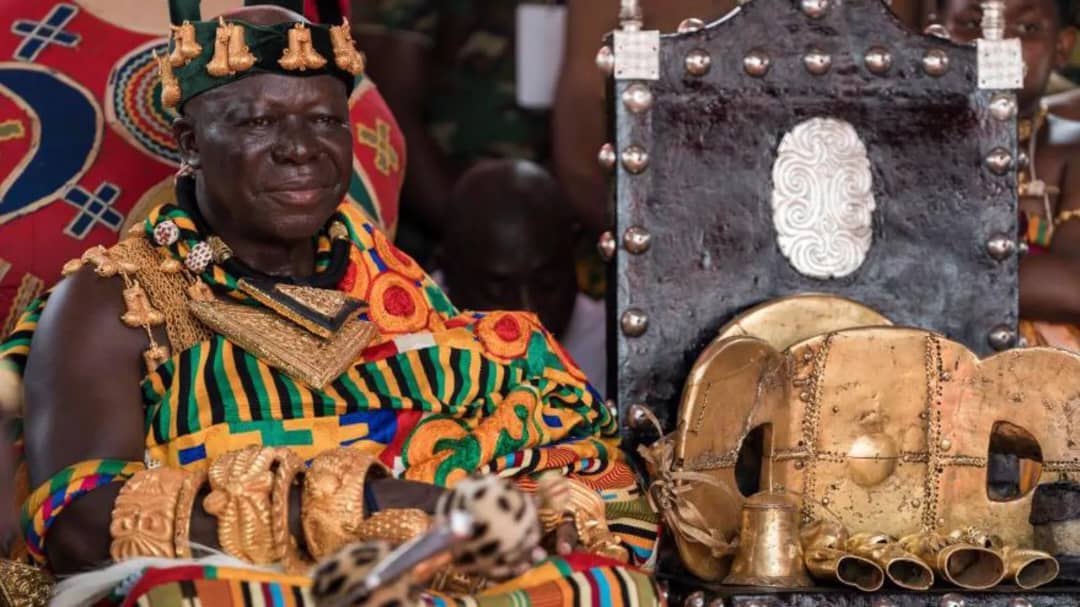


0 Comment(s)